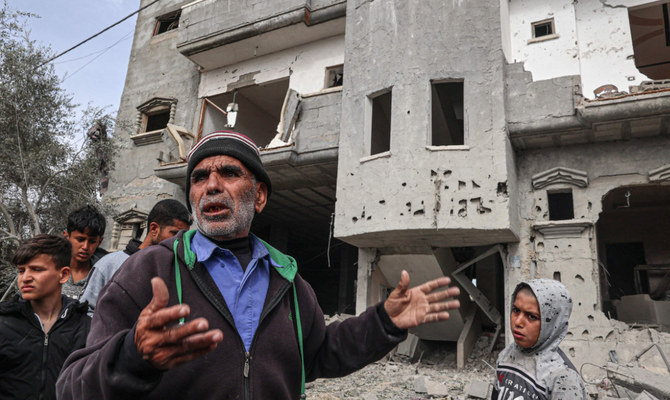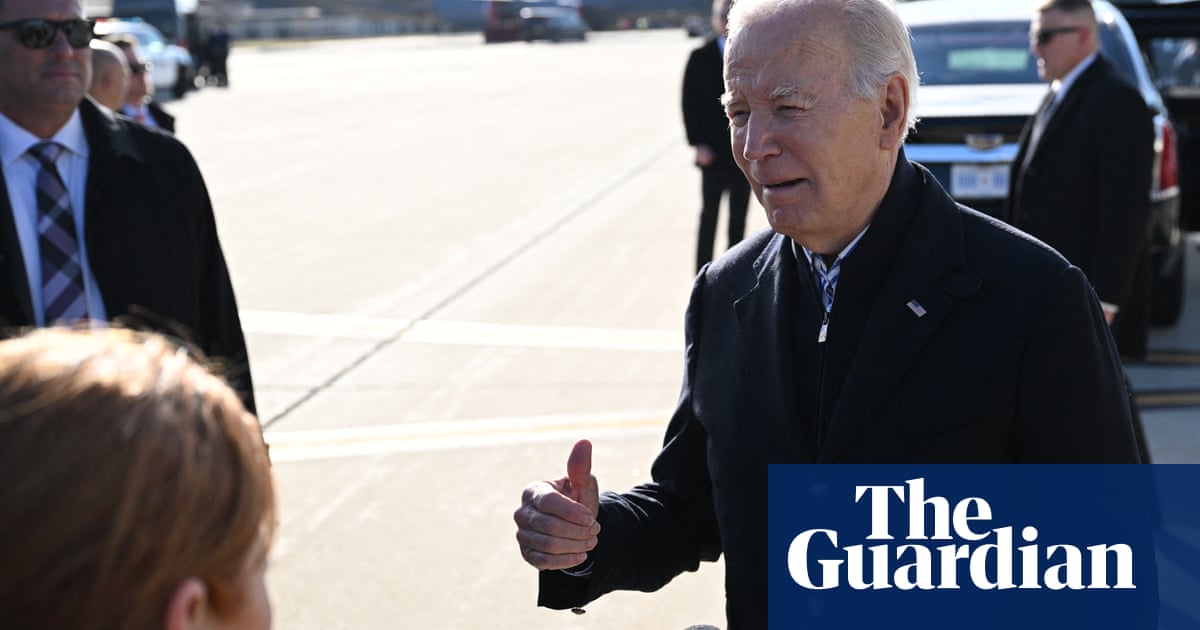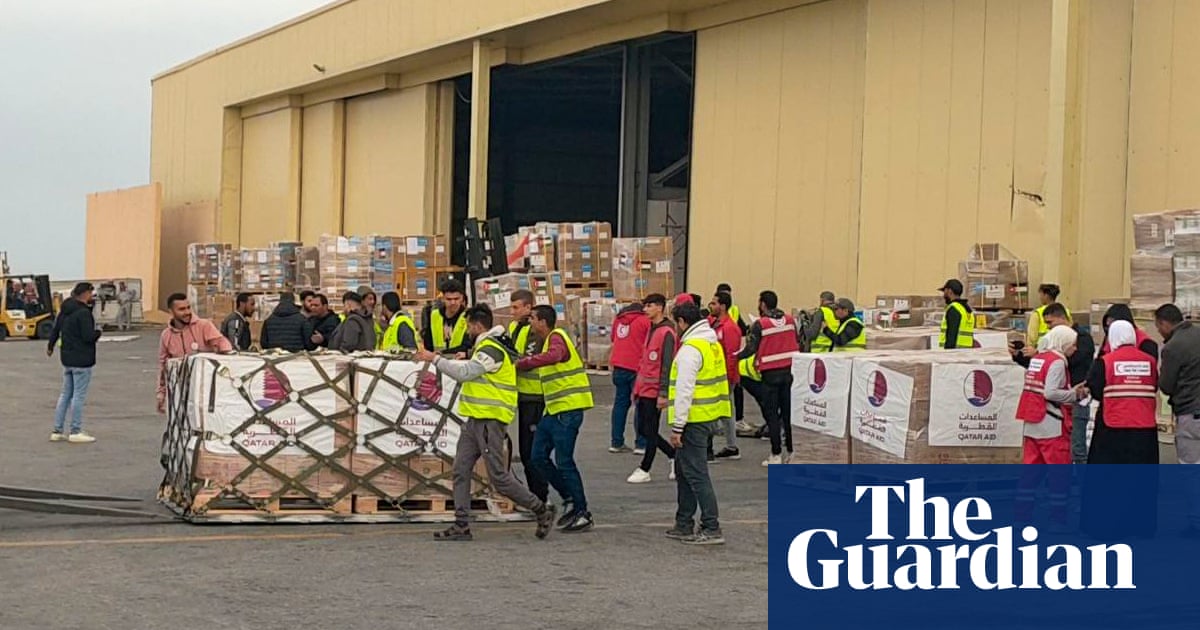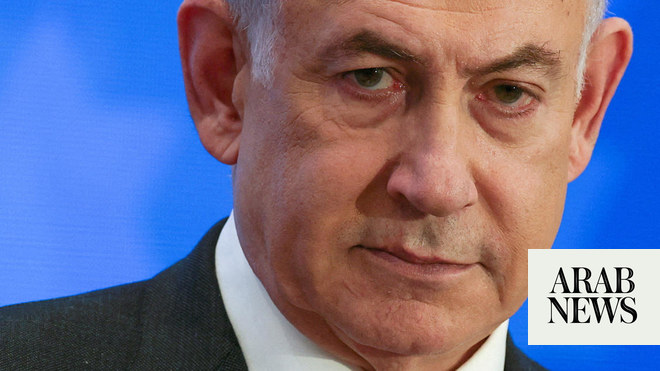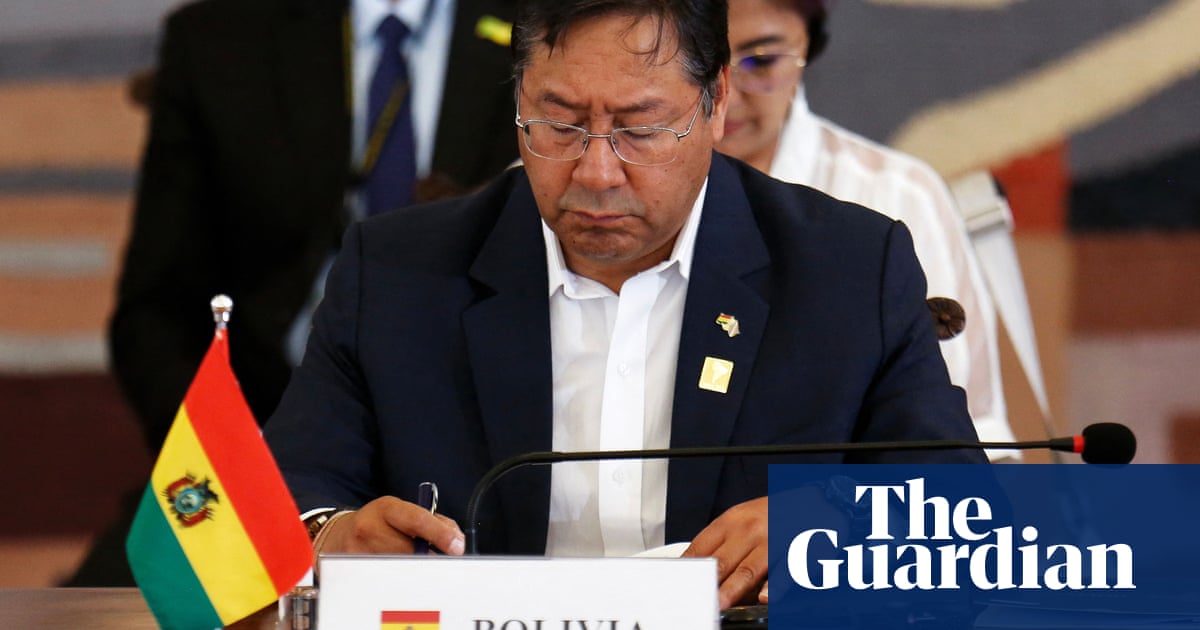
The coronavirus pandemic is putting old rivalries on hold, as countries and territories focus their efforts on containing the spread of the virus. Nowhere is this truer than in Israel, where the government has extended a loan to the Palestinian Authority (PA) to boost the latter’s medical measures as it attempts to mitigate the spread of the disease in the West Bank. Meanwhile, Hamas has launched its own initiative, seeking a deal with Israel regarding the fate of two Israeli soldiers, believed dead, and two civilians it holds in exchange for a major prisoner release, in addition to an easing of the economic blockade.
On-and-off negotiations have been taking place for years — since Israel ended a major military operation against Gaza in 2014. Public pressure has been mounting on Israeli Prime Minister Benjamin Netanyahu to strike a deal with Hamas to secure the handing over of the remains of the two Israeli soldiers. But mediators have not yet been able to reach an agreement.
Gaza has a limited number of coronavirus infections but international agencies have warned that a major spread would be catastrophic for the 2 million people living in one of the most crowded territories in the world. As a result of the Israeli blockade, imposed on the Strip since 2007, Gaza’s medical infrastructure is a shambles. It has no more than 65 ventilators and limited intensive care capacity, meaning that an outbreak would quickly get out of hand. This is what prompted Hamas’ military leader Yahya Sinwar to announce two weeks ago that his movement was ready to resume talks with Israel over a possible prisoner swap. He had threatened Israel with a military strike if it failed to help Gaza get the necessary international aid to help it fight the spread of the virus.
Initially, Hamas promised to provide vital information on the condition of the two Israeli civilians in exchange for a prisoner swap. There are an estimated 5,000 Palestinians in Israeli prisons, including women and children. Palestinian sources said that the first part of the deal would include the delivery of badly needed respirators. Israel is yet to comment on this.
According to Palestinian sources, German and Egyptian mediators are now involved in the indirect negotiations. Israeli officials have been silent on the deal. The last time the two sides reached a prisoner swap agreement was in 2011. Since then, Israel has launched a number of strikes against Gaza, badly undermining its infrastructure while failing to weaken Hamas and its ally, Islamic Jihad. On the other hand, Hamas and Islamic Jihad have proved they have developed their missile launching capabilities. Last year, Israel’s southern region was targeted by missiles and incendiaries that forced Israelis into shelters while resulting in huge economic losses.
Israel finds itself in a difficult position. On the one hand, it maintains a tough economic blockade on Gaza, but on the other it works with Qatar and Egypt to make sure that Hamas’ grip over Gaza continues to hold. Hamas has been making peace gestures toward Israel, seeking to strike a long-term truce that would open up Gaza and allow for foreign aid to pour in. However, Hamas has shown no real intent to end its quarrel with the PA despite Egyptian mediation.
For Israel, the Palestinian rift has been a boon for its plans to annex major chunks of the West Bank, as outlined by Donald Trump’s peace plan. But it fears that a virus outbreak in Gaza could easily cross the border and threaten southern Israel.
A potential agreement with Hamas would give Netanyahu another boost after he agreed on Monday night a deal to form a new emergency government that will see him remain in power for the next 18 months. But the cost of any deal could also weaken Netanyahu’s position. Hamas wants the release of thousands of prisoners from Israeli custody, beginning with women, minors and the elderly. If successful, the deal would embarrass PA President Mahmoud Abbas, who has previously tried, and failed, to secure the release of Palestinian prisoners. The current health crisis has reshuffled the cards and rearranged the priorities for Israel, the PA and Hamas.
For now, Israel and Hamas are using the coronavirus crisis to fulfill their own objectives. Whether the two sides can reach an agreement quickly remains in doubt. But they also know that the current health crisis could soon get out of hand in Gaza and Israel will take the blame, as well as the risk of an outbreak reaching its citizens.
From experience, we know that Israel will try to lower the cost of any deal. Hamas, on the other hand, wants to exact a bigger price: The flow of aid and a major prisoner swap in exchange for information on its captives, not their actual release. The stalemate could be broken if an outbreak does take place in Gaza and things get out of hand.
Osama Al-Sharif is a journalist and political commentator based in Amman. Twitter: @plato010





